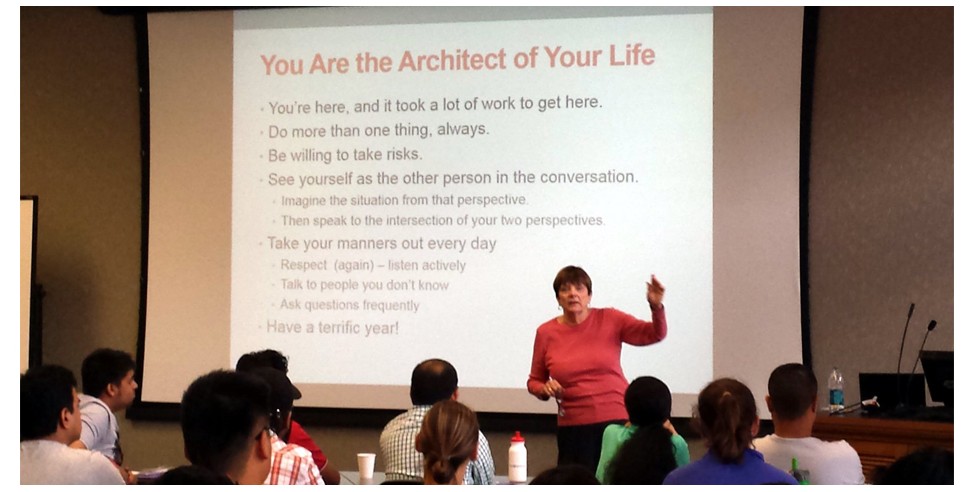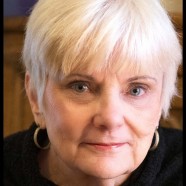
It’s been an anxiety-provoking six months for most of the country. The Fear, Uncertainty & Dread (FUD) machine has been working online round the clock and, as a result, we are spending more time on our smartphones to find the president’s latest tweets or to read the latest in a series of executive orders. Our days begin with the news, and often that news is simply more churn, a version of reality television. We wait now to see if the Supreme Court will hear the travel ban case, or simply let the lower court ruling stand. It has taken until this past week for the Senate Intelligence Committee to conduct public hearings that are designed to better understand the Russian intrusion into the last American presidential election and, at the same time, understand whether or not the president and his advisors have colluded or obstructed any of the investigations taking place. This week’s set of Senate hearings has caused the House Intelligence Committee to spring back into action, requesting both copies of the Comey memos and any tapes that the president recorded of his conversations with former FBI Director Comey. It is not likely that we will hear from Special Counsel Robert Mueller, who has assembled a team and taken over responsibility for grand jury cases pending on the Russian matter. The work of the special counsel on Russian intervention into our elections may broaden to include considerations around presidential obstruction of justice, but will undoubtedly take much longer than the news cycles to which we have become accustomed. In the meantime, we have to assume that the checks and balances among the three branches of government – together with journalism, the Fourth Estate – will continue to function.
In a provocative article reprinted in theWeekend Financial Times, titled “How the Bible Belt Lost God and Found Trump,” Gary Silverman quotes Wayne Flynt, a southern history professor who notes a significant change in the Bible Belt population that voted for Trump: “The words of Jesus, as recorded in the Gospels, are less central to their thinking and behavior, he says. Church is less compelling. Marriage is less important. Reading from a severely abridged Bible, their political concerns have narrowed down to abortion and issues involving homosexuality. Their faith, he says, has been put in a president who embodies an unholy trinity of materialism, hedonism and narcissism. Trump’s victory, in this sense, is less an expression of the old-time religion than evidence of a move away from it.” Later in the article he describes this phenomenon as “a sort of late-stage Christian afterglow.”
Trump won 84 percent of white evangelical voters, who approve of the promises he made, whether it was to deny funding to Planned Parenthood, to replace and repeal Obamacare, to put a conservative justice on the Supreme Court, or to bring back jobs that had disappeared when the Environmental Protection Agency and the climate change movement created new jobs for new sources of energy. In a series of executive orders the president has increased the work of the judicial branch. At this time, he still has not found legislative partnership with Republicans in the Congress. Though his version of a health care bill passed on the House side, the Senate is still in the process of writing a new bill which then will go to conference committee. His tax code bill appears to be in a state of paralysis as well. Whether he can persuade Congress to work with him to pass legislation is still up in the air, so we can expect to see more executive orders, some of which will go straight to court.
It is worth noting that, though there are limits on what the president can do without another branch of government, he has managed to redirect and redefine the priorities of many of his departments and agencies. The most obvious examples are the Justice Department and the Department of Homeland Security (DHS). For DHS, a priority has been placed on sweeping up illegal immigrants and, though the priority is on those illegal immigrants who have committed crimes, no one is being careful to only sweep criminal immigrants. For the Justice Department, the significant work done by the prior administration on police reform has been swept away; and we now see an emphasis on longer jail sentences. The Justice Department is also a victim of the Russian investigation, so we will be treated next week to the spectacle of the Attorney General testifying before the Senate Intelligence Committee on his contacts with Russian officials.
The press has never been as maligned as they have been by this president. Insults and allegations of “fake news” are part of an incendiary tool kit to undo the news as we understand it and to boost the president’s standing in the evangelical community. If you are not already subscribing to one or more of our great American newspapers, please consider doing so. You may also wish to consider a donation to the Committee to Protect Journalists, whose span is global.
Last word goes to Charles P. Pierce in Esquire: “People talk about it matter-of-factly, the way they talk about rain when dark clouds gather over the monuments by the river. They also talk about it in whispers while every institution of democratic government screams for help. The government of the United States is in the hands of feckless time-servers and coat-holders at one end of Pennsylvania Avenue, and in the hands of an unpredictable and perilous clown show at the other. It is an altogether remarkable, if terrifying place to be as summer comes on.“
“Reprinted with permission from ASA News & Notes, June 2017 issue.”









